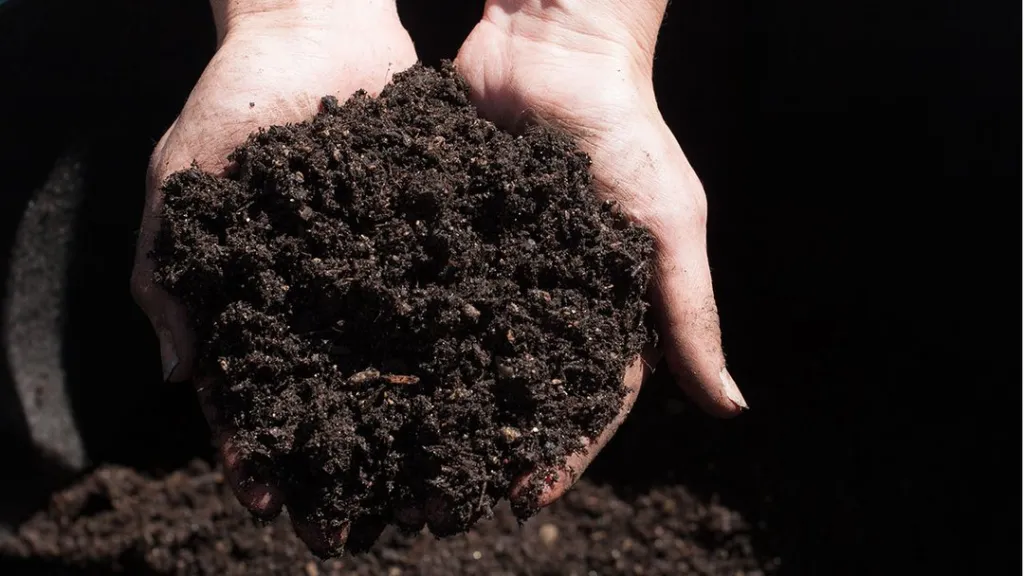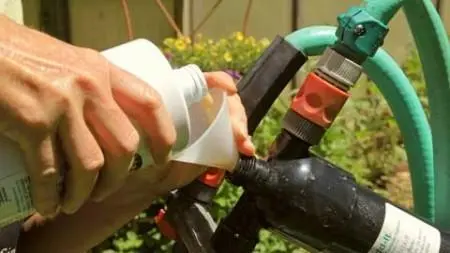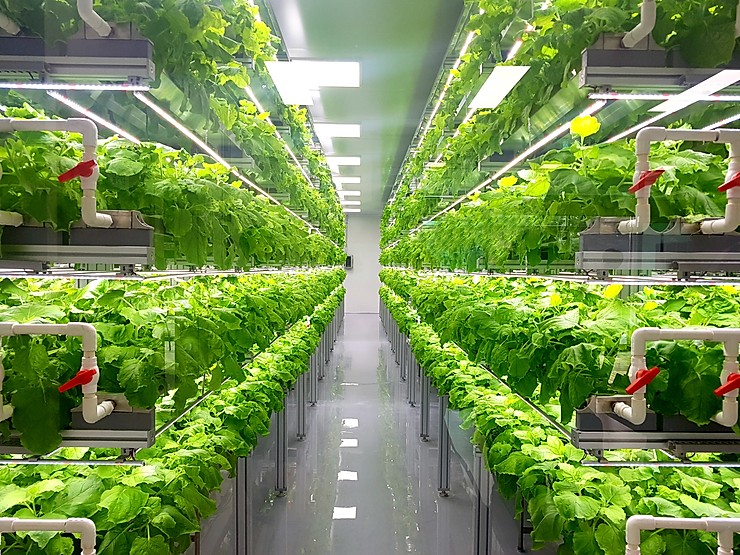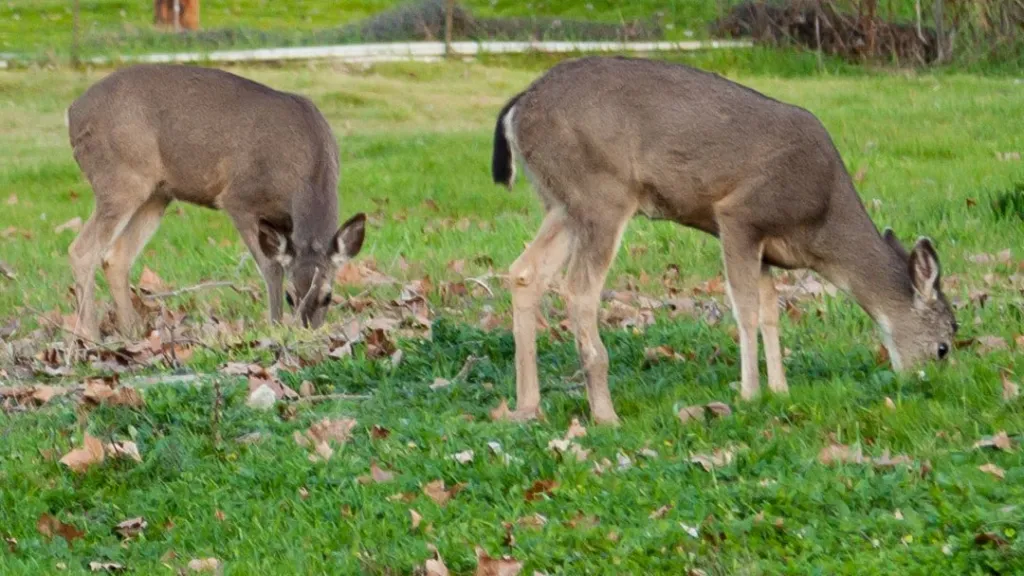High quality compost comes from a carefully tended compost pile with the right mixture of brown and green matter, water, and oxygen. When all is working optimally in a pile it will reach high temperatures of 120-150°F. The high heat will kill most pathogens and weed seeds, but the beneficial mycorrizhae will survive. There is a natural “cooling off” period and then the compost is “finished compost” or “humus” and can be put to use.
How to make high quality compost
To make the best compost you should create a fast, hot compost pile (in a bin or on the ground) and add all the composting ingredients at once. If you manage your compost pile well, you can have finished compost in 2-8 weeks.
How to make high quality compost
To make the best compost you should create a fast, hot compost pile (in a bin or on the ground) and add all the composting ingredients at once. If you manage your compost pile well, you can have finished compost in 2-8 weeks.
- Fill your compost bin, or build the pile by layering equal amounts of brown and green ingredients. The pile should not be bigger than a 3-foot cube, since you will need to be able to turn it often. If you are composting outside a bin, in a windy area, you should go up to a 4-foot cube size, to retain the heat better. With this fast process you will need to watch the balance of brown and green ingredients as the composting goes along, and be prepared to supplement with more brown or green if the pile develops problems.
- Speed up decomposition by using small pieces of ingredients (shredded leaves, not whole leaves, for instance). Don’t use branches in a fast compost pile, because they take longer to break down.
- Spray water on each layer. Keep the pile as moist as a wrung-out sponge at all times. Be careful when you touch the pile because it will be HOT using this composting technique.
- Kick up the speed in the pile by adding compost inoculants to the water you spray on the pile.
- Turn the pile every 3 days with a digging fork or compost aerator tool.
- Monitor the temperature of a fast compost pile. Your friends who are new to gardening will squawk when they hear you own a compost thermometer, but you’ll have the last laugh when you produce superb compost in a few weeks. A speedy pile may go up to 120°F in the first 2 days, and up to 130°F in 3 to 4 days. When the temperature drops to 110°F the compost may be close to finished, if your pile has been performing at the fastest rate — or it may need a boost of additional turning and water to heat up again.
- Compost is “finished” when it is dark, crumbly, and sweet-smelling. You should not be able to identify the original pieces of the ingredients. Let it sit for a few days, then spread it an inch thick in your garden, or use it to make your compost tea!




